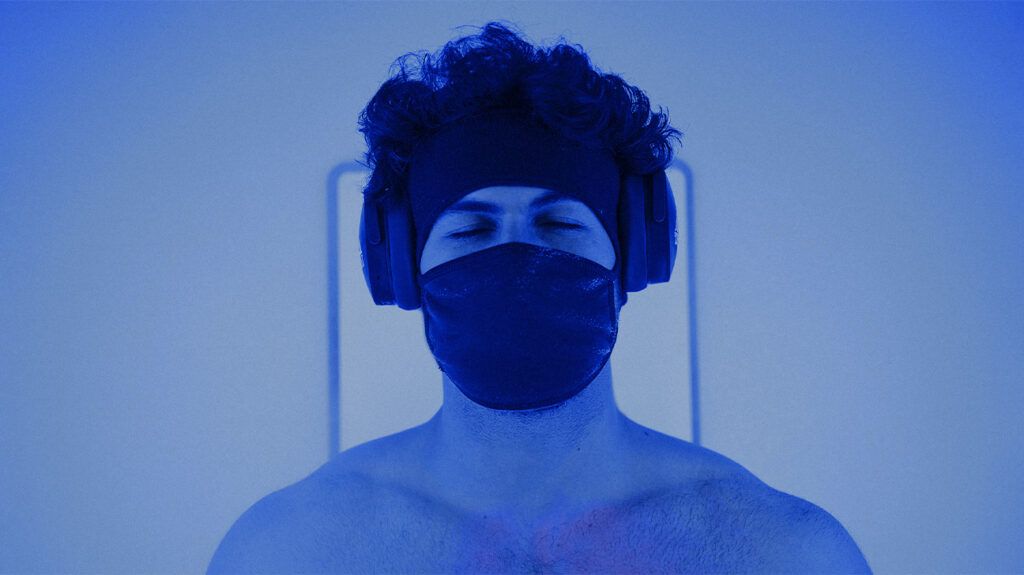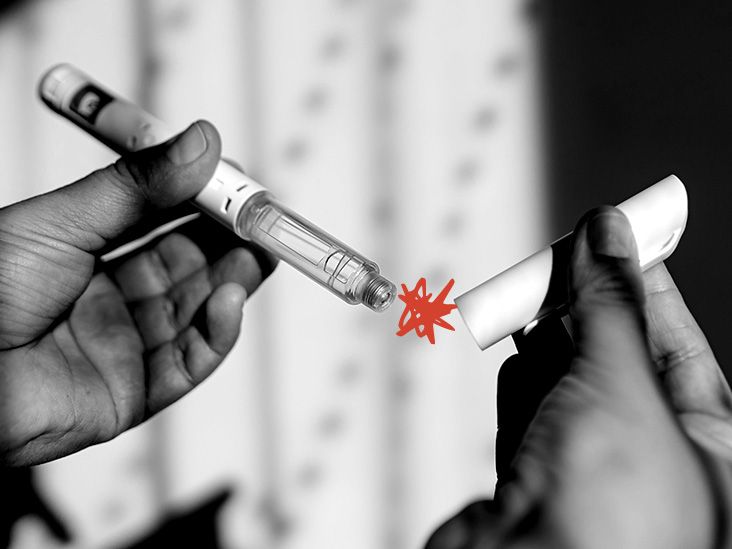Cryotherapy involves treatments that use freezing or near-freezing temperatures. There are various potential physical and mental health benefits.
Several treatments fall under the umbrella term of ‘cryotherapy’. These can range from targeted therapies like cryoablation to more general cold therapies such as using cold plunges or cold chambers.
Targeted cryotherapy treatments are common for removing warts, skin tags, and other small skin tissues. Doctors
These medical treatments are highly targeted. However, whole-body treatments are also available. These may include ice baths, cold chambers that use dry ice, or entire cold rooms. People claim that extreme cold can improve mental and physical health and even prolong life. So what does the science say?
In this article, we look at some of the possible benefits of cryotherapy healing and other facts a person may need to know before considering it.

Targeted cryotherapy for the removal of skin tags, warts, and other masses will occur either in a doctor’s office or hospital, depending on the procedure. These treatments are
Whole-body cold therapy (WBC)
Some people use the term cryotherapy to refer to whole-body cryotherapy. This is non-medical treatment in a spa or similar setting. This may involve sitting in a temperature-controlled room, pool, or pod for 2 to 4 minutes at temperatures that may go as low as -200 degrees Fahrenheit.
Neither dermatologists nor the Food and Drug Administration (FDA) recommend WBC.
Pregnant women, children, people with severe high blood pressure, and people with heart conditions should not try cryotherapy.
It is important to note that while many studies report positive results for cryotherapy as an adjunct treatment for various means, further research is necessary to properly assess its efficacy.
Alternative therapies should never replace traditional treatment plans.
Lesion removal
Targeted cryotherapy is a
- skin tags
- warts
- verrucas
- seborrheic keratosis
Doctors may also recommend cryosurgery for the removal of some forms of cancer, including:
- skin cancers, including squamous cell and basal cell carcinomas
- retinoblastoma
- early-stage liver cancer
- early-stage prostate cancer
- bone cancer, mostly chondrosarcoma
- non-small cell lung cancer
However, it is
Muscular recovery
Cryotherapy may help with muscle pain and post-exercise recovery. Doctors have long recommended using ice packs on injured and painful muscles. Doing so may increase blood circulation after the ice pack is removed, promoting healing and pain relief.
A 2017 review found multiple reports of whole-body cryotherapy having a positive impact on muscular inflammatory markers and post-exercise recovery. However, there is no scientific consensus on the efficacy of cryotherapy for athletic recovery.
One small 2019 study found that regular whole-body cryotherapy across a four-week period did not have any positive impact on physical performance in male athletes. A further small study from 2021 assessed the use of cryotherapy for recovery in judo practitioners similarly found no conclusive performance benefit but did discover a considerable positive impact on muscular growth factors.
Cognitive function
A 2021 controlled trial found that regular whole-body cryotherapy treatments had a positive effect on certain cognitive markers. Researchers suggest that whole-body cryotherapy may help manage mild cognitive impairment as part of a broader treatment plan.
A
Reducing anxiety and depression
Whole-body cryotherapy may also have a positive effect on mental wellbeing. A limited 2020 study found that people undergoing whole-body cryotherapy reported more positive quality of life, mood, and depression symptoms scores than a control group.
Improving symptoms of eczema
The chronic inflammatory skin condition known as eczema can cause intensely itchy patches of dry skin. A
However, the study involved small samples and is not enough to draw definitive conclusions.
Exposing the skin and other tissues to extreme cold temperatures can lead to:
- rashes
- frostbite
- swelling
- skin discoloration
Anecdotal evidence suggests that whole-body cryotherapy may help with a range of concerns, including muscle recovery, depression, and cognitive decline.
Until further research can support these claims, however, it is impossible to determine accurately how effective whole body cryotherapy is as a treatment.
Targeted cryotherapy can be an effective treatment int he removal of lesions in an outpatient and hospital setting.


